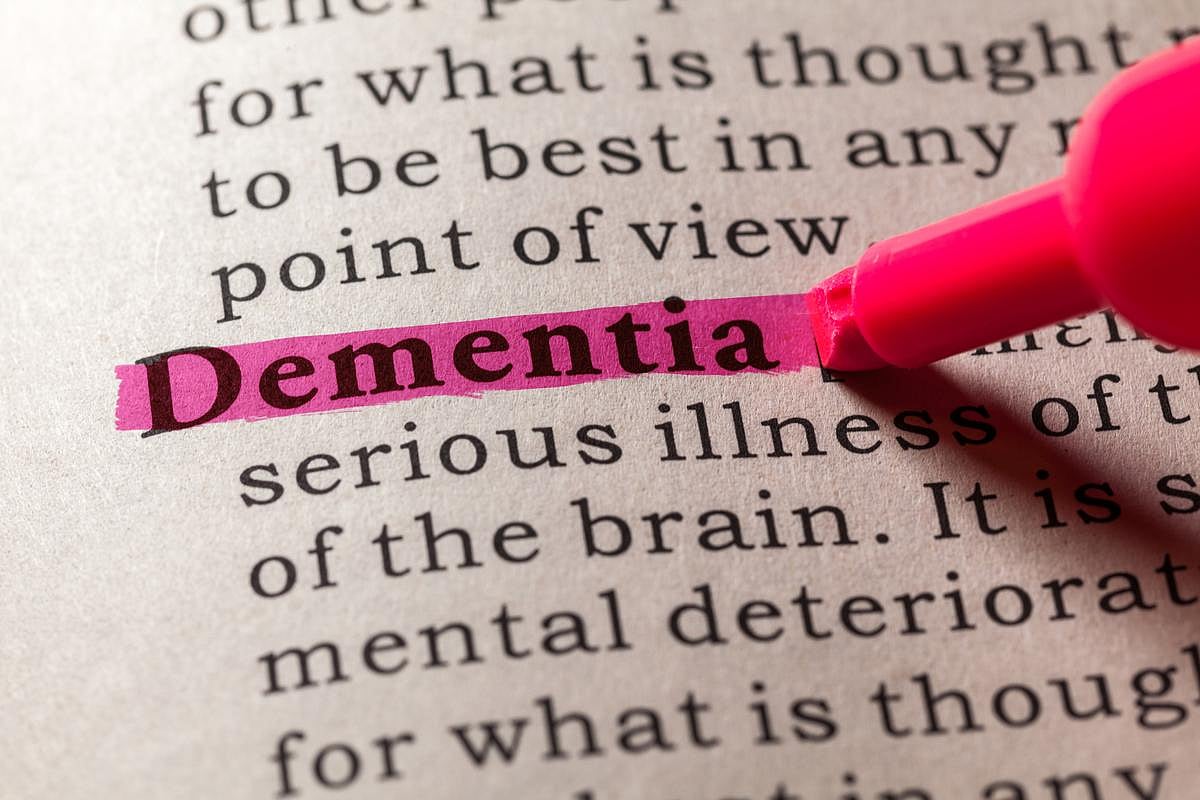Get Healthy!

- Dennis Thompson
- Posted May 1, 2025
Biological Aging Increases Dementia Risk
People whose bodies are aging faster could be more likely to develop dementia than those with normal or slower aging, a new study says.
Folks with advanced biological age are about 30% more likely to develop dementia, compared to those whose bodies have aged closer to how long they’ve actually been alive, researchers say.
People with advanced biological age also had changes in their brain associated with dementia, such as brain shrinking, according to findings published April 30 in the journal Neurology.
“These brain structure changes explain some, but not all, of the association between advanced biological age and dementia,” lead researcher Yacong Bo with Zhengzhou University in China said in a news release.
“These results support the hypothesis that advanced biological age may contribute to the development of dementia by causing a widespread change in brain structure,” Bo added.
Biological age reflects the aging of a person’s body as damage accumulates over time, while chronological age is a person’s age based on their birthday.
“While none of us can change our chronological age, we can influence our biological age through lifestyle factors such as diet and exercise,” Bo said.
For this study, researchers analyzed medical data on nearly 281,000 participants in the UK Biobank, a long-term health study of United Kingdom residents. The people had an average chronological age of 57 when the study began.
Nearly 4,800 developed dementia during an average 14 years of follow-up, researchers said.
The team estimated people’s biological age using two different established measures that considered such factors as lung function, blood pressure, cholesterol and blood chemistry factors.
The methods show how different parts of the body work together as people age -- metabolism, the immune system, the major organs and other systems.
Results showed that people with higher levels of biological aging were 30% more likely to develop dementia, after accounting for other factors that can affect dementia risk like age, education level and smoking.
MRI scans of people’s brains showed that those with advanced biological aging also had shrinkage of their grey matter, where information processing happens.
More information
Northwestern University has more on biological versus chronological aging.
SOURCE: American Academy of Neurology, news release, April 30, 2025






